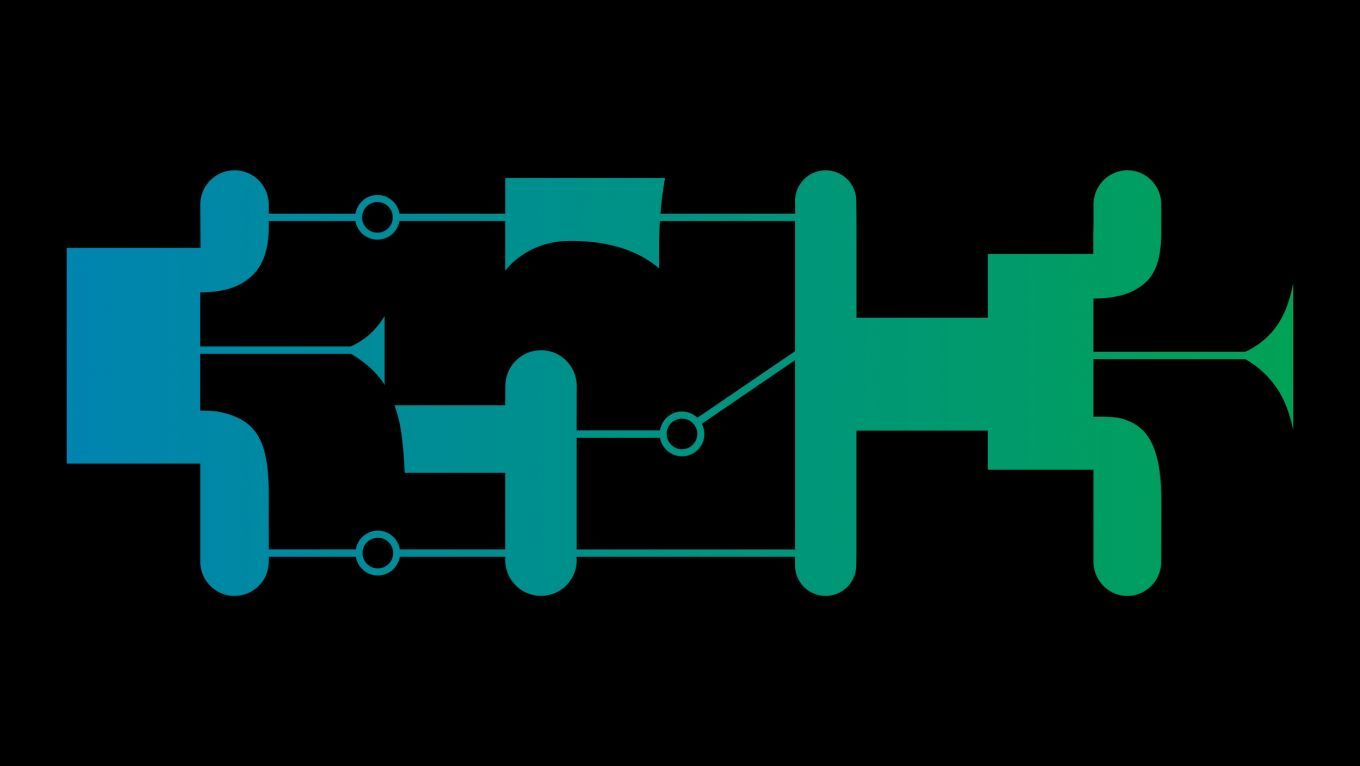Security
All Your Gesundheitsakten Are Belong To Us
"So sicher wie beim Online-Banking": Die elektronische Patientenakte kommt - für alle.
Plötzlich geht alles ganz schnell: Online-Behandlungen und elektronische Gesundheitsakten sind dieses Jahr für Millionen Krankenversicherte Wirklichkeit geworden. Zu einem hohen Preis: Bereits einfache Angriffe lassen das Sicherheitskonzept der Apps und Plattformen zusammenbrechen. Warum das so ist, welche kritischen Fehler Vivy & Co. gemacht haben und wie das möglicherweise verhindert werden kann, das soll dieser Vortrag zeigen - denn in spätestens drei Jahren sollen auch die Gesundheitsdaten aller übrigen Versicherten zentral gespeichert und online abrufbar sein.
Die elektronische Gesundheitskarte ist gescheitert. Stattdessen kommt jetzt die elektronische Patientenakte: In spätestens drei Jahren sollen die Befunde, Diagnosen, Röntgenbilder und Rezepte aller gesetzlich Krankenversicherten online und zentral gespeichert verfügbar sein. Schon heute können Millionen Versicherte eine solche Lösung nutzen und, wie Gesundheitsminister Jens Spahn fordert, "auch auf Tablets und Smartphones auf ihre elektronische Patientenakte zugreifen". Zeitgleich zur elektronischen Patientenakte steht die Onlinebehandlung vor der Tür: Das Fernbehandlungsverbot wurde vor wenigen Monaten gekippt, und schon heute können sich Millionen Versicherte ausschließlich online behandeln lassen.
Nach Jahren des Wartens geht dabei alles ganz schnell. "Diese Maßnahmen dulden keinen Aufschub", sagt Spahn. Und macht uns alle damit zu Beta-Testern in Sachen Gesundheit. Mit fatalen Folgen: Unsere streng vertraulichen Gesundheitsdaten liegen für alle sichtbar im Netz.
In diesem Vortrag zeige ich an fünf konkreten Beispielen, welche fahrlässigen Entscheidungen die Online-Plattformen und Apps der Anbieter aus dem Bereich Gesundheitsakte und Telemedizin so angreifbar machen und demonstriere, wie einfach der massenhafte Zugriff auf unsere vertraulichen Gesundheitsdaten gelang. Zur Debatte steht, was angesichts dieser neuen alten Erkenntnisse zu tun ist - und was wir besser bleiben lassen.
Additional information
| Type | lecture |
|---|---|
| Language | German |
More sessions
| 12/27/18 |
Since a few months we have a new version of TLS, the most important encryption protocol on the Internet. From the vulnerabilities that created the need of a new TLS version to the challenges of deploying it due to broken devices this talk will give an overview of the new TLS 1.3.
|
| 12/27/18 |
UEFI rootkits have been researched and discussed heavily in the past few years, but sparse evidence has been presented of real campaigns actively trying to compromise systems at this level. Our talk will reveal such a campaign successfully executed by the Sednit group. We will detail the full infection chain showing how Sednit was able to install their custom UEFI module on key targets' computers. Additionally, we will provide an in-depth analysis of their UEFI module and the associated ...
|
| 12/27/18 |
Meet SiliVaccine – North Korea's national Anti-Virus solution. SiliVaccine is deployed widely and exclusively in the DPRK, and has been continuously in development by dedicated government teams for over fifteen years. When we heard of this strange software, we were immediately driven to investigate it: it's not every day that you can catch a glimpse of the malware landscape inside the closed garden of the DPRK's intranet. In this talk, we will describe how we were able to obtain a rare copy of ...
|
| 12/27/18 |
In this presentation we will take a look at how to break the most popular cryptocurrency hardware wallets. We will uncover architectural, physical, hardware, software and firmware vulnerabilities we found including issues that could allow a malicious attacker to gain access to the funds of the wallet. The attacks that we perform against the hardware wallets range from breaking the proprietary bootloader protection, to breaking the web interfaces used to interact with wallets, up to physical ...
|
| 12/27/18 |
Voicemail systems can be compromised by leveraging old weaknesses and top of current technology. The impact goes way beyond having your messages exposed.
|
| 12/27/18 |
Die Venenerkennung ist eine der letzten Bastionen biometrischer Systeme, die sich bisher der Eroberung durch Hacker widersetzt hat. Dabei ist sie ein lohnendes Ziel, schützt sie doch Bankautomaten und Hochsicherheitsbereiche. In diesem Talk machen wir die Verteidigungsanlagen dem Erdboden gleich.
|
| 12/27/18 |
We all know what FAX is, and for some strange reason most of us need to use it from time to time. Hard to believe its 2018, right? But can FAX be something more than a bureaucratic burden? Can it actually be a catastrophic security hole that may be used to compromise your entire network? Come watch our talk and find out …
|

